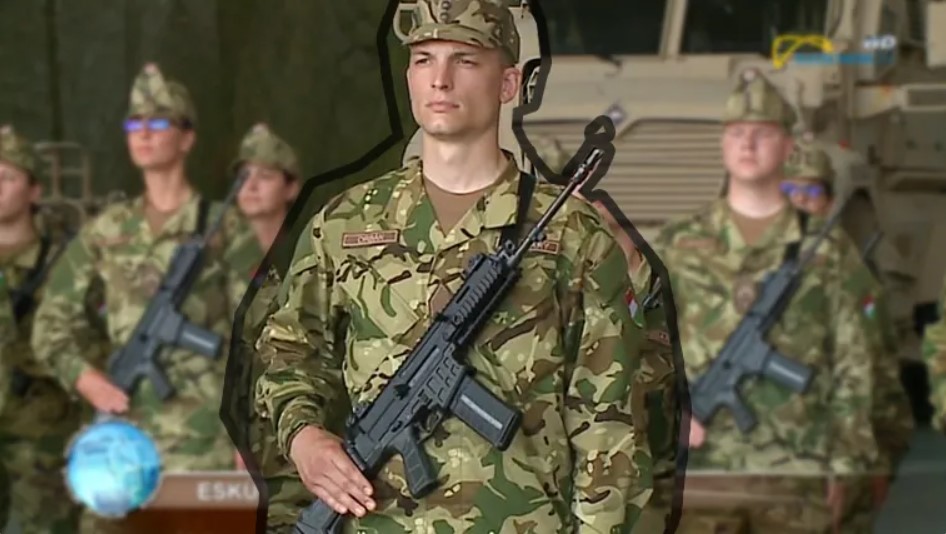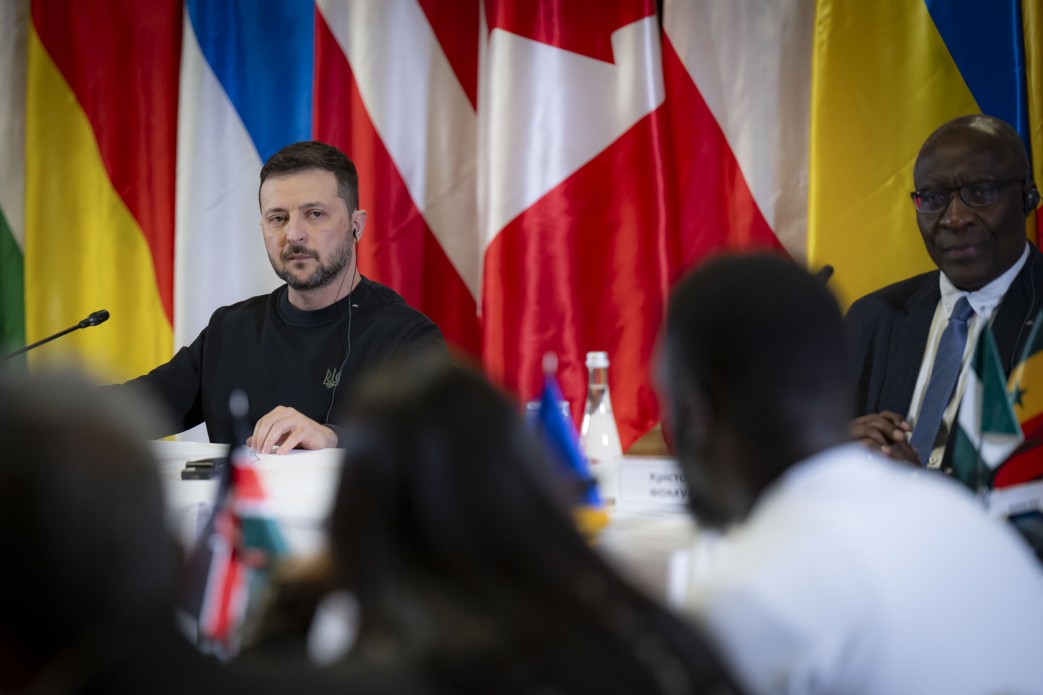Hungary’s decision to deploy 200 soldiers to Chad marks a sharp shift in Budapest’s foreign policy, contradicting its declared neutrality and refusal to participate in military conflicts. The operation is being led by Gáspár Orbán, son of Prime Minister Viktor Orbán, raising concerns about the personalization of the country’s foreign policy. Against the backdrop of Hungary’s refusal to aid Ukraine, its involvement in one of Africa’s most unstable regions appears blatantly hypocritical, experts at the Robert Lansing Institute note.
Hungary’s official stance is based on avoiding escalation in the war in Ukraine, blocking EU military funding, and banning arms transit through its territory. However, the deployment of troops to Chad—a country plagued by terrorism and internal conflict—clearly violates that stance. Chad faces heightened threats from ISIS, Boko Haram, and rebel groups, while its president, Mahamat Déby Itno, confronts armed opposition.
Officially, the deployment may be an attempt to restore trust with NATO and EU allies, particularly France and the U.S., which have historically operated in the region. Hungary may be positioning itself as a defender of Western interests—but not in Eastern Europe, rather in Africa. Analysts also suggest the move could serve Gáspár Orbán’s political ambitions, casting him as a future leader with military experience and international credibility.
The mission also carries ideological weight: Gáspár Orbán adheres to evangelical and Christian-nationalist views, while the Sahel region is marked by tense Muslim-Christian relations. For the ruling Fidesz party, this could be another opportunity to play the card of "defending Christian civilization."
However, Budapest’s actions are riddled with contradictions. While Ukraine is denied assistance, Hungarian troops are being sent to an active conflict zone. This strengthens the perception that Hungary’s foreign policy is not pacifist but pro-Russian. The mission also entails serious risks: estimates suggest the annual fatality rate for Hungarian soldiers could reach 5–7%, especially if they engage in combat.
Hungary may be seeking geopolitical gains from the operation, such as access to intelligence, energy contracts, or rights to gold and oil extraction. Budapest may also hope to use Chad in its anti-migration strategy and present itself as a reliable partner in Africa. However, the deployment could backfire: if Hungary ends up hosting translators, contractors, or refugees, it risks triggering new migration flows—contrary to the government’s anti-immigration rhetoric.
Another danger is Hungary’s potential entanglement in jihadist agendas. Should Hungarian forces participate in combat, the country could be targeted in propaganda by groups like ISIS or al-Qaeda. History has shown that such missions can result in terrorist attacks at home, as happened in France and Belgium.
Critics accuse the Orbán government of hypocrisy and militarizing foreign policy for the political benefit of the prime minister’s son. The lack of parliamentary debate, vague mission objectives, and security risks for Hungarian citizens raise serious concerns. Moreover, Hungary lacks the necessary resources for a full-scale operation in the Sahel: it has no evacuation infrastructure, intelligence network, or regional experience.
Observers believe the Chad deployment is an attempt to divert attention from domestic issues—economic stagnation, inflation, scandals, and frozen EU funding. But the mission could spark internal tensions in Hungary itself—especially if soldiers are killed or migration suddenly surges.






















